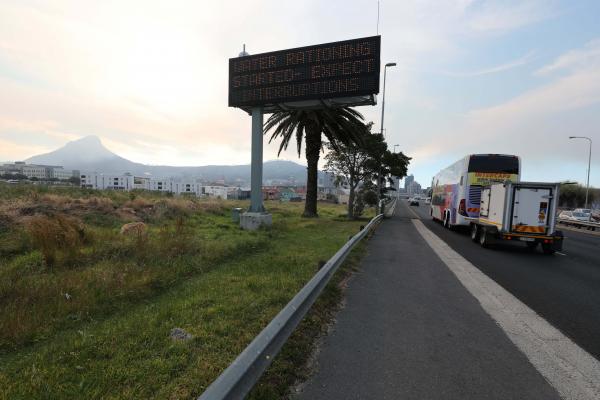Feb 5, 2018
Perhaps climate change’s calamities will galvanize the international political scene, cracking the iron grip of the wealthy on our politics and forcing redistribution of resources. But no matter what happens, people of faith must lead the charge in envisioning a just world for all inhabitants. To slow the destruction of the earth, a fundamental reimagining of our societies is required.
Read the Full Article

Already a subscriber? Login
